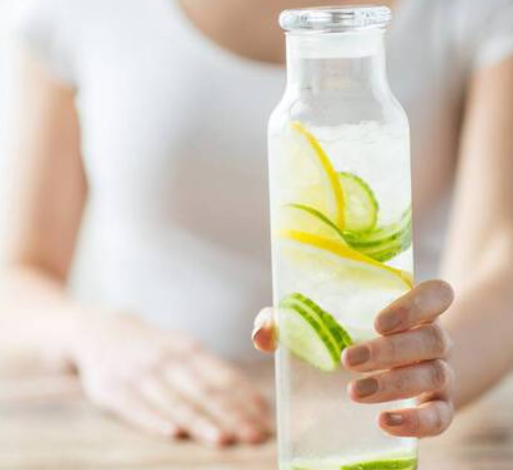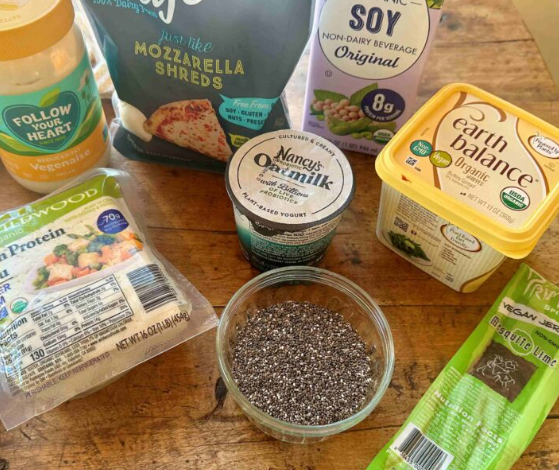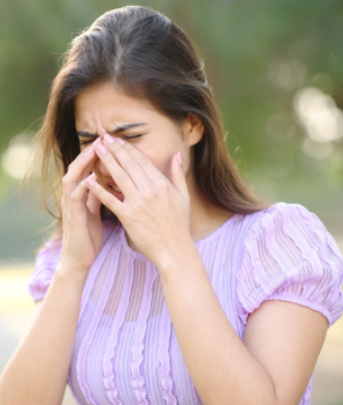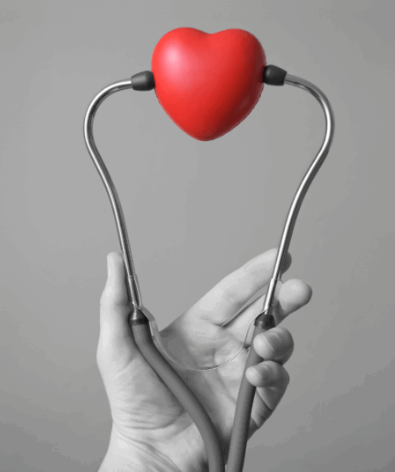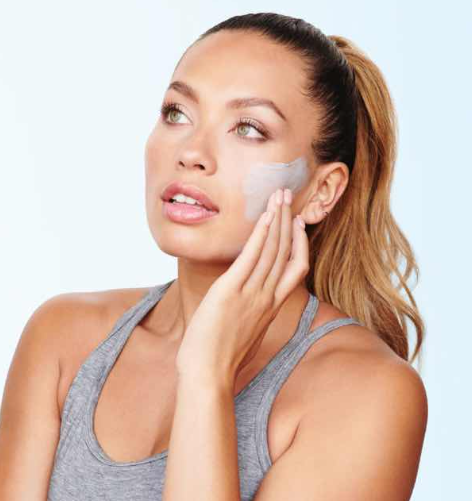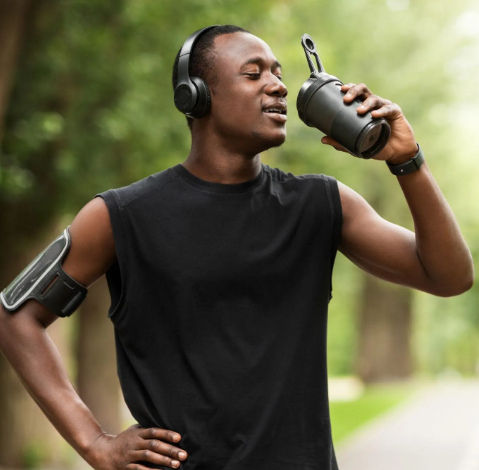
How Hydration Boosts Your Energy: The Power of Water
Staying hydrated is one of the simplest yet most effective ways to boost your energy. Many of us struggle with fatigue, headaches, and low energy, but did you know the answer could lie in something as basic as drinking more water? Hydration plays a crucial role in how we feel throughout the day, and understanding its impact on your energy levels can make a world of difference. Let’s explore how water can revitalize your body and keep you energized.
The Link Between Hydration and Energy
Water is essential for every function in your body, from digestion to temperature regulation, and it plays a significant role in keeping you energized. Let’s break down how hydration directly affects your energy levels.
1. Water Delivers Nutrients and Oxygen to Your Cells
Water is a primary component of your blood, which is responsible for delivering oxygen and nutrients to your cells. When you’re dehydrated, your blood volume decreases, making your heart work harder to circulate blood. This extra strain can leave you feeling exhausted. Proper hydration ensures that your cardiovascular system functions efficiently, which allows your body to use energy more effectively.
2. Water Enhances Metabolism
Even mild dehydration can impact your metabolic rate, which is the rate at which your body burns calories for energy. Studies show that drinking about 16 ounces of water can temporarily boost your metabolism by up to 30% for an hour. This increase in metabolic activity provides an additional energy boost.
3. Water Supports Muscle and Joint Function
Dehydration affects your muscles, making it harder for them to contract efficiently. When your muscles lack water, they don’t work as well, leading to fatigue. Staying hydrated helps prevent muscle cramps, lubricates your joints, and ensures that your body has the energy it needs for movement. With optimized muscle and joint function, you’ll feel stronger and more energetic throughout the day.
4. Water Powers Athletic Performance
If you’ve ever tried to lose water weight quickly, you might have noticed how quickly dehydration can impact your performance. Even losing just 1-2% of your body weight in fluids can decrease your mental clarity, cause fatigue, and impair physical performance. Water helps keep your body temperature stable and ensures that your muscles function properly, so you can maintain your energy during physical activity. For most moderate workouts, water is enough to keep you hydrated and energized—sports drinks are only necessary for intense, prolonged activity.
Signs of Dehydration
It’s not always obvious when you’re dehydrated, but there are several signs that can indicate your body needs more water:
- Feeling fatigued or sluggish
- A dry mouth or cracked lips
- Difficulty concentrating
- Dark yellow urine
- Muscle cramps or dizziness
- Headaches or confusion
If you’re thirsty, you’re already likely on the verge of dehydration, so it’s important to pay attention to these symptoms and take action.
Quick Hydration Tests
There are simple ways to check your hydration status:
1. Skin Test
Pinch the skin on the back of your hand. If it snaps back quickly, you’re probably well-hydrated. If it stays tented for a few seconds, it’s time to drink more water.
2. Urine Color Test
Take a look at your urine. It should be a pale yellow color. Dark yellow or amber urine is a clear sign of dehydration. If your urine is dark, start drinking water right away.
How Much Water Do You Need?
The amount of water you need can vary depending on your body weight, activity level, and overall health. A general guideline is to drink half your body weight in ounces each day. For example, if you weigh 150 pounds, aim for 75 ounces of water daily.
You can also use a hydration calculator to get a more personalized estimate of how much water you should drink.
Tips for Drinking More Water
Here are some easy tips to help you stay on top of your hydration goals:
1. Keep Water Visible
If your water bottle is out of sight, it’s easy to forget to drink. Keep a large pitcher or water bottle on your desk or in your view throughout the day. This serves as a constant reminder to stay hydrated.
2. Use a Fun Water Bottle
Find a water bottle that makes you excited to drink water. Whether it’s a beautifully designed reusable bottle or a simple mason jar, make sure it’s something you enjoy using.
3. Add Flavor to Your Water
If plain water feels boring, try infusing it with fruits like lemon, cucumber, or berries. You can also add herbs like mint or rosemary for a refreshing twist.
4. Set Reminders
Set up reminders on your phone or use apps that track your water intake. You can also use sticky notes to give yourself a gentle nudge throughout the day.
More Health Benefits of Staying Hydrated
Beyond boosting energy, drinking enough water offers several other health benefits:
- Healthy Skin: Water keeps your skin hydrated and helps maintain its elasticity, reducing dryness and promoting a clear complexion.
- Improved Digestion: Staying hydrated aids digestion by helping your body break down food and absorb nutrients more efficiently.
- Temperature Regulation: Proper hydration ensures your body can regulate its temperature through sweat, helping prevent heat-related issues like heat stroke.
- Joint Health: Water lubricates joints, preventing stiffness and promoting mobility, especially important for those with arthritis.
- Toxin Removal: Drinking water helps flush toxins out of the body, supporting kidney function and reducing the risk of urinary issues.
Conclusion
Hydration is one of the simplest ways to improve your energy levels and overall well-being. Water supports vital functions, helps your body perform at its best, and provides an energy boost that can make a big difference in how you feel. Make hydration a priority in your daily routine, and you’ll experience the benefits in no time.

